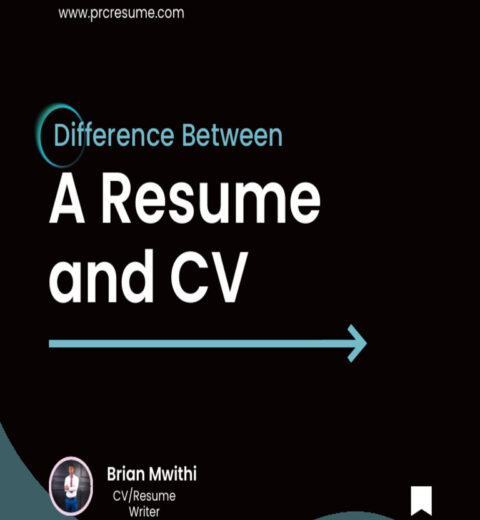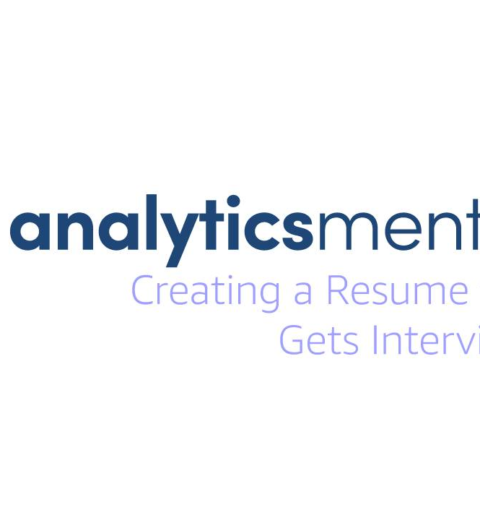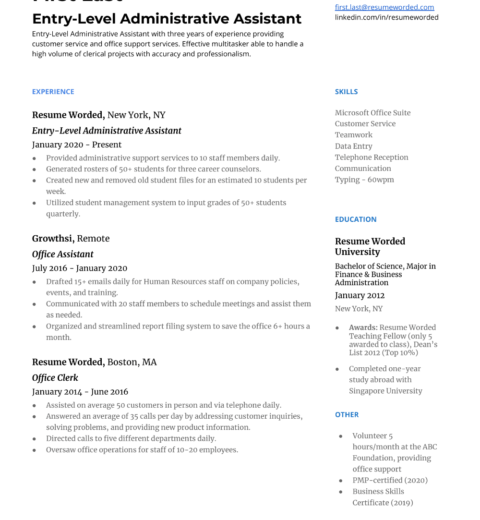The landscape of job applications has undergone a considerable transformation in recent years, leading to the question: should you include references on your resume in 2025? As the hiring process evolves, understanding how to strategically present yourself in your resume becomes paramount. This discourse will explore the necessity, presentation, and strategy behind including references, aiming to provide you with comprehensive guidance.
Firstly, let us consider the evolution of hiring practices. Historically, references were an integral component of resumes. They served as corroborative evidence of a candidate’s qualifications and work ethic. However, in the digital age, companies have increasingly shifted towards utilizing LinkedIn profiles, online portfolios, and applicant tracking systems (ATS). These tools often enable employers to assess a candidate’s background without the need for immediate references. Thus, it raises the pertinent question: are references obsolete in the modern job market?
In 2025, the consensus appears to lean towards a more strategic approach concerning the inclusion of references. While it is common practice to have a list of references available upon request, explicitly detailing them on a resume may not be necessary. Instead, job seekers should contemplate the context of their application and the expectations of the industry in which they are seeking employment.
One of the vital considerations in determining whether to include references is the culture of the industry. In highly competitive sectors such as technology, finance, and creative fields, employers may prioritize direct skills and experiences over reference credibility. Conversely, industries like education or healthcare often value verification from knowledgeable sources more significantly. When crafting a resume, job seekers should evaluate the industry norms and format their resumes accordingly.
Moreover, it is advisable to prioritize the space allocated for essential information on the resume. A conventional resume typically contains sections such as contact information, a professional summary, work experience, and education. Candidates are encouraged to utilize this space effectively by ensuring that each section serves to endorse their qualifications rather than distract from them. Thus, including references directly may detract from pertinent experience or skills.
That being said, there remain circumstances where providing references on a resume is beneficial, particularly when solicited. If a job advertisement explicitly requests references or if you are in a situation where you have limited experience—such as recent graduates—listing references can bolster your application. In such cases, including references serves to demonstrate reliability and character continuity alongside your qualifications.
Should you choose to include references, the format and presentation require meticulous consideration. It is advisable to list references in a separate document, formatted in a professional manner. Include the reference’s full name, their professional title, the organization with which they are associated, and the preferred method of contact, which may include an email address or a phone number. Furthermore, ensure that you have obtained explicit permission from your references beforehand. This not only shows professionalism but also avoids uncomfortable situations where a reference is unprepared to speak on your behalf.
Furthermore, if opting to prepare references in advance, it is prudent to have a mix of references. Include a former supervisor, a colleague, and perhaps a mentor or professor. This diversity not only showcases your multifaceted skills but also reflects your ability to engage with various professionals within a workspace. Each reference should be selected based on their familiarity with your work ethics and capabilities, thus enhancing credibility.
Understanding how to present references is equally vital. A brief statement in your cover letter, such as “References available upon request,” suffices to inform employers that you have a network of professionals willing to vouch for your abilities. This strategy safeguards your resume’s conciseness while exuding confidence in your relationships within your professional realm.
In terms of preparing for interviews, the role of references becomes crucial again. Candidates should be ready to provide references as soon as requested during the interviewing phase. Approaching former employers and colleagues to inform them they may receive a call can mitigate potential delays in the hiring process and ensure your references are fully aware of what position they are endorsing you for.
Moreover, proactive engagement with previous employers and colleagues regarding reference requests reveals a critical aspect of career development. Establishing an ongoing dialogue with your references not only reinforces your professional network but also ensures that when they speak on your behalf, they do so with a current understanding of your skills, accomplishments, and career objectives.
Lastly, in 2025, as the employment landscape continues to evolve, flexibility and adaptability remain indispensable skills for job seekers. Whether or not to include references on your resume ultimately depends on personal circumstances, industry standards, and job requirements. Maintaining a concise, focused resume enhances your chances of making a lasting impression, while having an array of prepared references ensures you can provide strong endorsements that align with your professional narrative.
In conclusion, while the traditional practice of including references on a resume may not be as prevalent in 2025, the importance of having dependable references readily available cannot be overstated. Tailoring your resume to the demands of the job market and being strategic about what to include will position you favorably in your job search. By remaining informed about current best practices, you will be better equipped to present yourself as the most competitive candidate for any position you aspire to secure.




